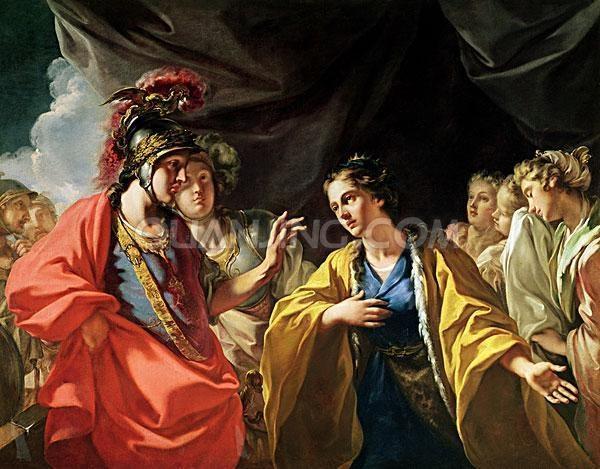On July 20, 356 BC, in the Macedonian capital of Pella, a boy was born who would one day change the course of history. That boy was Alexander, later known as Alexander the Great. His upbringing was steeped in mythology and heroism—he idolized Achilles from Homer’s Iliad and admired the legendary Heracles. But beyond myths, Alexander’s education was grounded in philosophy and strategy, thanks to his famous tutor, Aristotle.

A Boy and His Horse: The Legend of Bucephalus
At the age of 12, Alexander demonstrated a remarkable ability to understand and tame a wild horse named Bucephalus, a feat that left onlookers astounded. This was no ordinary horse—Bucephalus would later carry Alexander through his greatest conquests, symbolizing his unbreakable will and intelligence.
The Rise to Power: Wars and Family Feuds
By the age of 16, while his father, King Philip II, was away on campaign, Alexander was already ruling in his stead. He not only held the throne but also quelled a rebellion in the north, founding a city named Alexandropolis in his own honor. His first real taste of war came in 338 BC at the Battle of Chaeronea, where, at just 18, he led the Macedonian left wing to a stunning victory, annihilating the elite Theban Sacred Band. It was clear that Alexander was no ordinary prince—he was a military genius in the making.
But Alexander’s biggest challenges often came from within his own family. His relationship with Philip II soured after Philip married Cleopatra (not the famous Egyptian queen, but a Macedonian noblewoman). At the wedding feast, when Cleopatra’s uncle suggested that her future son would be the true heir, Alexander lost his temper. A drunken Philip attempted to attack his son but embarrassingly fell flat on his face, prompting Alexander to quip, “Here is the man who plans to conquer Asia, yet he cannot even cross from one couch to another!”
This family drama led to Alexander’s temporary exile, but he soon returned after a political reconciliation. However, in 336 BC, tragedy struck—Philip II was assassinated at a royal wedding. Some suspected Alexander’s mother, Olympias, had a hand in it, while Alexander himself blamed the Persians. Regardless of who was behind the murder, Alexander wasted no time securing his position. At just 20 years old, he was proclaimed King of Macedon.
Securing the Throne: Crushing Rebellions and Sending a Message
Philip II had left Alexander with a kingdom, but keeping it was another matter. Greek city-states like Athens and Thebes saw Philip’s death as an opportunity to break free. But Alexander responded with swift brutality. In 335 BC, Thebes rose against him, and within 14 days, Alexander marched his army to the city’s gates. What followed was a devastating punishment—the city was razed, its population enslaved, and its land distributed among allies. It was a stark warning to any Greek city-state that dared defy him. Athens, witnessing the destruction of Thebes, quickly submitted, and thus, in less than two years, Alexander had complete control over Greece.
Legacy and Modern Relevance
Alexander’s early years set the stage for his legendary conquests in Persia, Egypt, and beyond. His ability to inspire loyalty, his strategic brilliance, and even his moments of fiery temperament made him one of history’s most captivating figures. Today, his tactics are studied in military academies, his cities—especially Alexandria in Egypt—continue to thrive, and his legacy as a bridge between Eastern and Western cultures endures.
From a boy taming a wild horse to a king taming an empire, Alexander’s journey remains one of the most remarkable in history. His ambition knew no bounds, and if his famous lament is true—that he wept when he realized there were no more worlds to conquer—then perhaps we can all take a lesson from his relentless drive.

No comments yet.